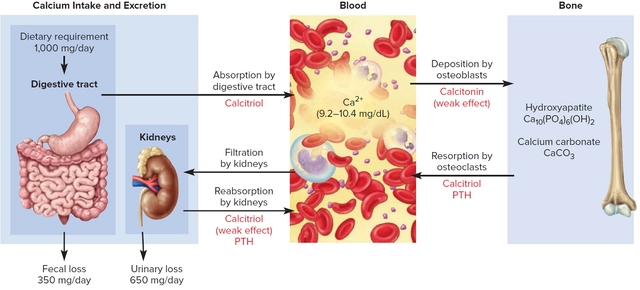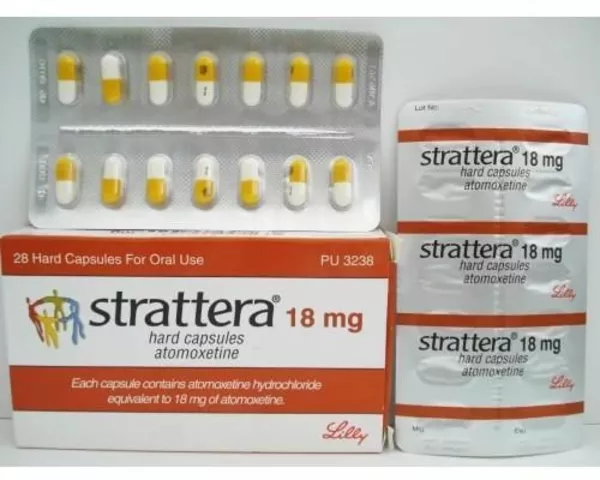Alzheimer-type dementia
Alzheimer-type dementia means progressive memory and thinking problems caused by brain changes. People notice trouble with short-term memory first — like forgetting recent conversations, repeating questions, or misplacing items. Over months and years it can affect language, judgment, mood, and the ability to do daily tasks.
Recognizing warning signs
Watch for clear changes from the person's baseline. Early red flags include getting lost in familiar places, mixing up names, or losing track of bills and appointments. Later signs are trouble dressing, poor hygiene, repeating the same story, or sudden personality shifts. If someone starts having trouble handling money, driving safely, or following a recipe, get medical advice.
Small lapses can be normal with age, so notice patterns. Ask: Is the problem new? Is it getting worse? Does it affect daily life? Bring concrete examples to the doctor — dates, missed events, or behavior changes help with diagnosis.
Practical care and treatment steps
There's no cure yet, but some medicines can slow symptoms for a time. Cholinesterase inhibitors — donepezil, rivastigmine, galantamine — help memory and daily function in mild to moderate stages. Memantine is used for moderate to severe stages. Side effects happen, so talk about risks with the prescribing clinician.
Beyond drugs, focus on routines that reduce confusion. Keep a daily schedule, use large calendars and clocks, label drawers and rooms, and simplify choices (offer two clothing options instead of many). These small changes cut down frustration for both of you.
Behavior problems like agitation, confusion at night, or wandering are common. First try to find triggers: unmet needs, pain, hunger, or overstimulation. Non-drug approaches — calming music, short walks, familiar objects — often work better than medication for these issues.
Safety matters. Install grab bars, remove trip hazards, lock up dangerous items, and check the home layout for easy navigation. If driving becomes risky, plan for that conversation early — use facts and a trusted clinician to back your decision.
Caregiver strain is real. Ask for help, join a local support group, and use respite services so you can rest. Legal and financial planning should happen early: durable power of attorney, advance health directives, and clear notes on medications and preferences.
Research and trials keep moving. If you want to explore new treatments, ask your doctor about clinical trials or memory clinics in your area. They can explain eligibility and what to expect.
If you see clear decline in memory or daily skills, don’t wait. Early evaluation gives you options — medical, legal, and practical — and more time to plan the care the person needs.
Alzheimer's Disease and Stroke: The Hidden Link You Should Know
Discover the surprising connection between Alzheimer-type dementia and stroke, how these conditions overlap, and what it means for your brain health. This detailed guide unpacks the science, shares real stats, and gives genuinely helpful tips for protecting your memory and mental sharpness. Learn how lifestyle and medical choices can influence both dementia and stroke risks. Get a clear picture of prevention strategies and emerging research. No jargon—just well-explained, actionable insights anyone can use.
About
Health and Wellness
Latest Posts


Zithromax: Uses, Side Effects, and Everything You Need to Know About Azithromycin
By Marcel Kornblum Jun 8, 2025

Why You Shouldn’t Store Medications in the Bathroom
By Marcel Kornblum Jan 17, 2026

Understanding the side effects and risks of calcitonin therapy
By Marcel Kornblum May 29, 2023

